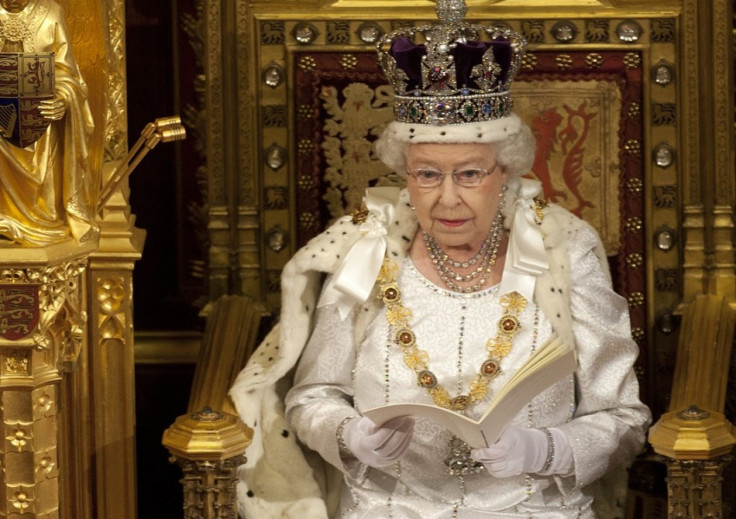Queen's Speech Bid to Shed Image of 'Zombie Government' Hit by Tory Warfare

The last Queen's speech before the general election was supposed to be the occasion for David Cameron and Nick Clegg to dispel claims they are running a zombie government, out of ideas and frozen by disagreements between the coalition partners.
The programme of 11 bills, hailed by the prime minister as a "bold" series of "unashamedly pro-work and pro-business" measures, includes fresh reforms to pensions, a boost for childcare, plans to extend fracking, allowing the recall of MPs by constituents and levying a 5p charge on all plastic bags.
Some of the measures, such as creating new Dutch-style "collective pensions" for groups of employees, are certainly radical. Others, such as the plastic bags levy, are either re-announcements or the fleshing out of expected policies. And most of them had in any case been "leaked" beforehand.
But even as both sides of the coalition were claiming credit for key parts of the package and insisting it showed the government was united and still had plenty of life left in it, civil war broke out elsewhere.
Michael Gove and Theresa May are working together to ensure we get to the bottom of what has happened in Birmingham and take the necessary steps to fix it.
And this time, and most damagingly, it was not between Tories and Liberal Democrats but between two of the most senior Tory ministers, Education Secretary Michael Gove and Home Secretary Theresa May.
In what was being viewed as part of the continued manoeuvring ahead of a future leadership succession, the two ministers were attempting to blame the other for the alleged rise in Muslim extremism in Birmingham schools.
Gove was said to have attacked the Home Office for allowing the issue to escalate by ignoring extremism unless it turned into terrorism, while May shot off a letter to the education secretary demanding to know why he had taken no action when first warned of the problem in Birmingham in 2010.
The rival camps' advisers briefed the media on behalf of their bosses, suggesting both sides were furious with each other and raising fears the row was escalating to the extent it would not only overshadow the announcement of the government's programme but also lead to a wider cabinet split.
But it appeared Cameron had stepped in and ordered a cessation of hostilities and the two ministers took the highly-unusual step of issuing a joint statement saying how well they were working together to "ensure we get to the bottom of what has happened in Birmingham and take the necessary steps to fix it."
But few were convinced by the show of unity which, it was suggested, was only agreed to allow the Queen's speech to get the airtime the coalition needs to prove it still has a positive set of policies to drive it towards the general election.
By far the biggest problem with the government's final programme, however, is the fact it is just that, the final one.
Thanks to the five-year, fixed-term parliament and the creation of a coalition government it was always likely that the final year would see little room for real radicalism as the two partners used the final months to differentiate themselves ahead of the election, without actually splitting apart.
So caution was always likely to be the order of the day. And that is what marked this programme.
Ministers claim it is radical and imaginative but the Opposition have plenty of evidence to suggest that, in fact, it is a programme designed to create the impression of action while ensuring the two halves of the coalition stick together for the last few months.
Labour's immediate response was to express "astonishment" that there was nothing on either immigration or the NHS in the programme, for example.
But the prime minister also needs to ensure that his own top team present a united front, despite the fact many are looking to the possibility of a leadership succession should Cameron again fail to win an election outright.
© Copyright IBTimes 2025. All rights reserved.






















